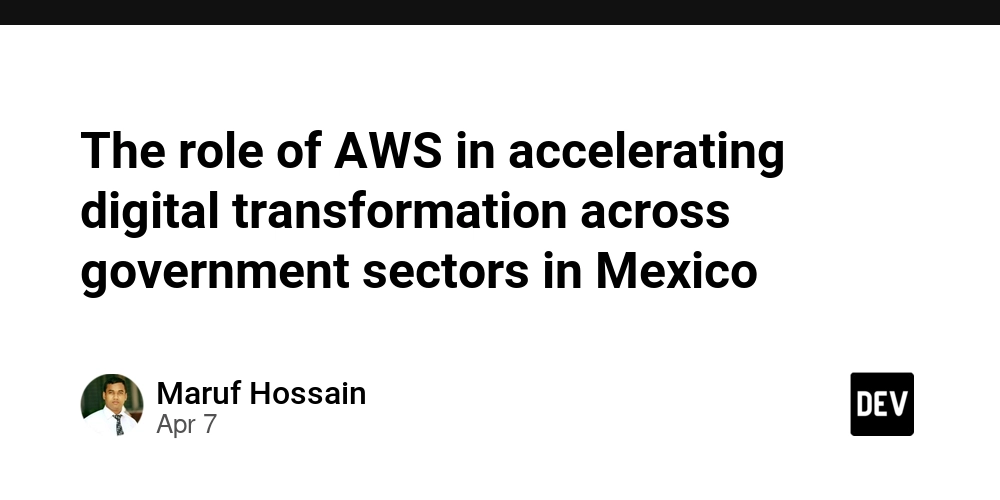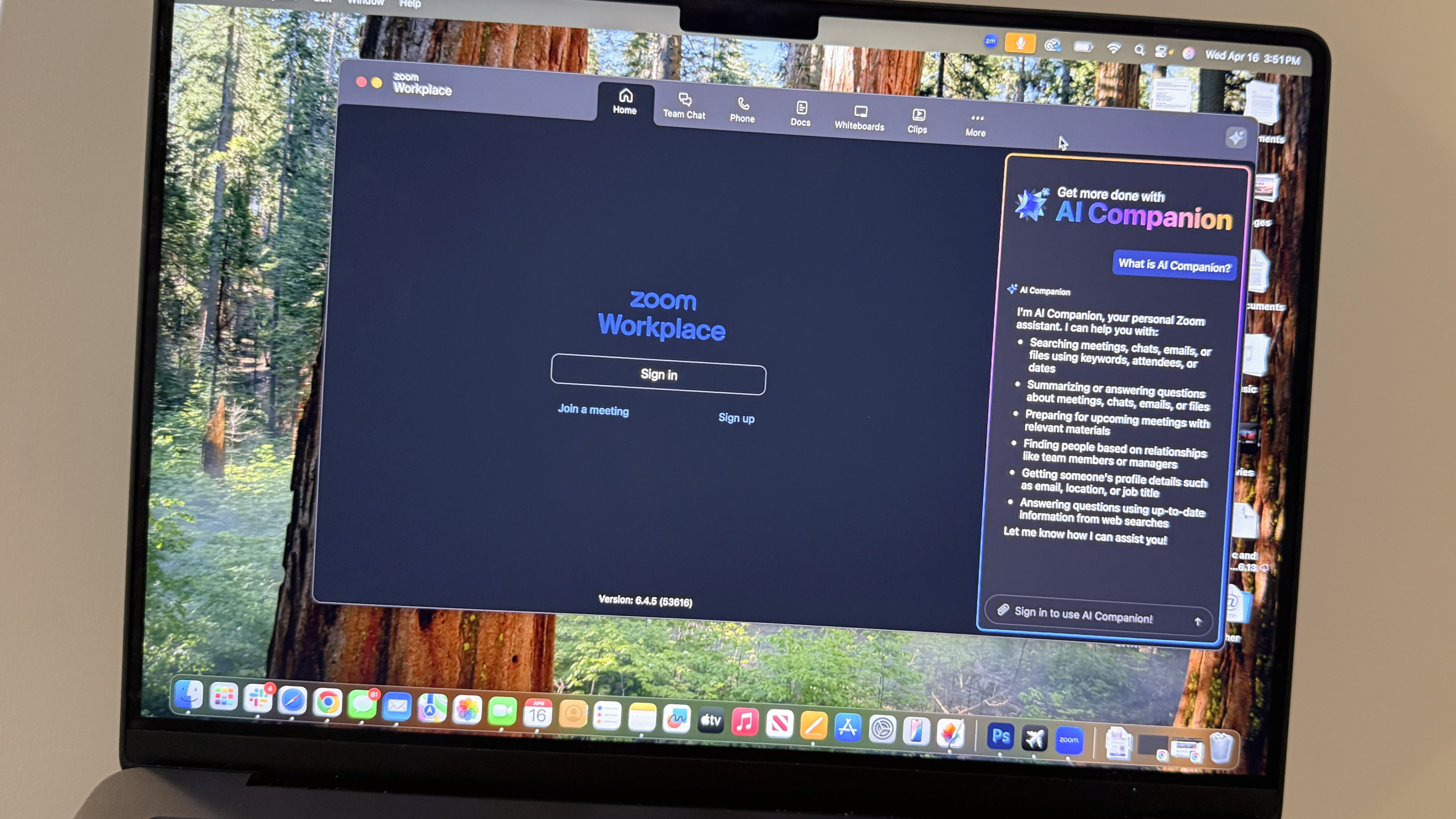The role of AWS in accelerating digital transformation across government sectors in Mexico
Governments around the world now use modern digital tools to improve public service. Mexico is also moving toward faster, smarter, and more secure systems. One major part of this transformation is the use of cloud computing. Amazon Web Services (AWS) plays a key role in this shift by offering tools and platforms to help government offices in Mexico move to the digital world. AWS Brings Speed and Safety to Public Systems Many government offices still depend on paper records or outdated software. These systems slow down work and often create confusion. AWS helps solve these problems by giving a secure and flexible cloud platform. Public agencies can now store data, run systems, and offer online services all in one place. The benefits of migrating to aws mexico region include faster access to services, better data control, and quick disaster recovery. These features make it easier for government offices to serve citizens without delay. Cloud Tools Improve Daily Operations AWS helps many departments go digital without large hardware investments. Offices can now use cloud-based systems to manage tasks like issuing licenses, collecting taxes, and handling public requests. These changes cut waiting times and reduce mistakes. Since AWS tools work on any device with internet, public employees can log in from anywhere to complete their tasks. Data Security and Law Compliance AWS meets global and local standards for security. Government agencies must protect sensitive public data. AWS includes strong security features like encryption, user access control, and real-time monitoring. These tools help reduce risks and keep public information safe. AWS also helps public institutions follow Mexico’s data protection rules, giving leaders more confidence to adopt cloud systems. Digital Access for All Regions Many rural areas in Mexico still lack modern technology. AWS supports efforts to bring digital access to every corner of the country. When agencies move their services online with AWS, people can access them from mobile phones or local internet centers. This gives people in remote towns the same access to services as those in big cities. Real Examples of Government Innovation Several parts of the Mexican government already use AWS. For example, some health departments use AWS to manage patient data and deliver services faster. Education offices use AWS to run online learning platforms for students. Some cities use AWS to manage waste collection and improve water supply systems. These efforts help build trust and improve public satisfaction. Cost Control and Flexibility Government budgets often change. AWS allows departments to pay only for what they use. They can scale systems up or down as needed without buying expensive equipment. For example, during election seasons or health emergencies, agencies may need more storage or power. With AWS, they can increase resources right away and reduce them later. This approach gives public offices more control over their spending. Training for Government Employees AWS offers training for workers in public agencies. These programs teach how to use cloud systems and manage them well. Government staff learn to build websites, store data, and solve tech problems using AWS tools. This builds local knowledge and reduces the need to hire outside companies. Environment-Friendly Solutions AWS also supports green goals. When agencies move to the cloud, they use fewer servers and create less waste. AWS data centers use clean energy and advanced cooling systems to save power. This helps Mexico lower its carbon emissions while going digital. Conclusion AWS plays a strong role in the digital growth of Mexico’s public sector. It supports faster systems, safer data, and better public service. By offering easy-to-use cloud tools, AWS helps government offices serve more people in less time. As more agencies experience the power of modern cloud computing, the country will move closer to a fully digital future.

Governments around the world now use modern digital tools to improve public service. Mexico is also moving toward faster, smarter, and more secure systems. One major part of this transformation is the use of cloud computing. Amazon Web Services (AWS) plays a key role in this shift by offering tools and platforms to help government offices in Mexico move to the digital world.
AWS Brings Speed and Safety to Public Systems
Many government offices still depend on paper records or outdated software. These systems slow down work and often create confusion. AWS helps solve these problems by giving a secure and flexible cloud platform. Public agencies can now store data, run systems, and offer online services all in one place. The benefits of migrating to aws mexico region include faster access to services, better data control, and quick disaster recovery. These features make it easier for government offices to serve citizens without delay.
Cloud Tools Improve Daily Operations
AWS helps many departments go digital without large hardware investments. Offices can now use cloud-based systems to manage tasks like issuing licenses, collecting taxes, and handling public requests. These changes cut waiting times and reduce mistakes. Since AWS tools work on any device with internet, public employees can log in from anywhere to complete their tasks.
Data Security and Law Compliance
AWS meets global and local standards for security. Government agencies must protect sensitive public data. AWS includes strong security features like encryption, user access control, and real-time monitoring. These tools help reduce risks and keep public information safe. AWS also helps public institutions follow Mexico’s data protection rules, giving leaders more confidence to adopt cloud systems.
Digital Access for All Regions
Many rural areas in Mexico still lack modern technology. AWS supports efforts to bring digital access to every corner of the country. When agencies move their services online with AWS, people can access them from mobile phones or local internet centers. This gives people in remote towns the same access to services as those in big cities.
Real Examples of Government Innovation
Several parts of the Mexican government already use AWS. For example, some health departments use AWS to manage patient data and deliver services faster. Education offices use AWS to run online learning platforms for students. Some cities use AWS to manage waste collection and improve water supply systems. These efforts help build trust and improve public satisfaction.
Cost Control and Flexibility
Government budgets often change. AWS allows departments to pay only for what they use. They can scale systems up or down as needed without buying expensive equipment. For example, during election seasons or health emergencies, agencies may need more storage or power. With AWS, they can increase resources right away and reduce them later. This approach gives public offices more control over their spending.
Training for Government Employees
AWS offers training for workers in public agencies. These programs teach how to use cloud systems and manage them well. Government staff learn to build websites, store data, and solve tech problems using AWS tools. This builds local knowledge and reduces the need to hire outside companies.
Environment-Friendly Solutions
AWS also supports green goals. When agencies move to the cloud, they use fewer servers and create less waste. AWS data centers use clean energy and advanced cooling systems to save power. This helps Mexico lower its carbon emissions while going digital.
Conclusion
AWS plays a strong role in the digital growth of Mexico’s public sector. It supports faster systems, safer data, and better public service. By offering easy-to-use cloud tools, AWS helps government offices serve more people in less time. As more agencies experience the power of modern cloud computing, the country will move closer to a fully digital future.










































































































































































![[The AI Show Episode 144]: ChatGPT’s New Memory, Shopify CEO’s Leaked “AI First” Memo, Google Cloud Next Releases, o3 and o4-mini Coming Soon & Llama 4’s Rocky Launch](https://www.marketingaiinstitute.com/hubfs/ep%20144%20cover.png)



































































































































































































![GrandChase tier list of the best characters available [April 2025]](https://media.pocketgamer.com/artwork/na-33057-1637756796/grandchase-ios-android-3rd-anniversary.jpg?#)











































.png?width=1920&height=1920&fit=bounds&quality=70&format=jpg&auto=webp#)































































































































![Apple M4 13-inch iPad Pro On Sale for $200 Off [Deal]](https://www.iclarified.com/images/news/97056/97056/97056-640.jpg)
![Apple Shares New 'Mac Does That' Ads for MacBook Pro [Video]](https://www.iclarified.com/images/news/97055/97055/97055-640.jpg)





































































































































